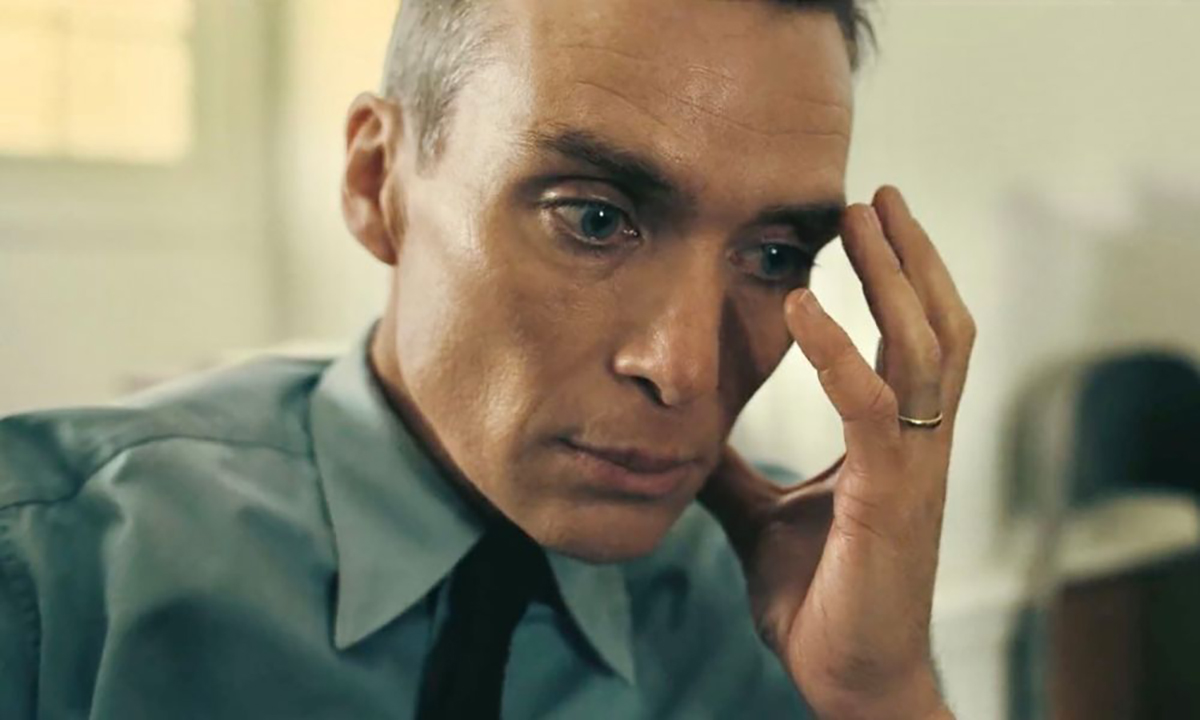The Part of Oppenheimer’s Life You Won’t See in the Movie

With Oppenheimer in theaters and proving to be one of the biggest films of the summer, J. Robert Oppenheimer will be the talk of the internet for some time. In the film, directed by Christopher Nolan, Cillian Murphy takes on the role of Oppenheimer, the theoretical physicist known as the “father of the atomic bomb.” Oppenheimer delves deep into the life of the brilliant physicist who oversaw the Manhattan Project and was instrumental in its success. While Oppenheimer was among those that believed the bomb was necessary to end the war and save countless lives, the film suggests he felt some guilt for the destruction the bombs caused in Hiroshima and Nagasaki.
This is why, later in life, Oppenheimer advocated for nuclear control and denounced the arms race between the United States and the Soviet Union during the Cold War. He was also notably opposed to the creation of the hydrogen bomb, which the United States tested in 1952. As the film touches on, though, because of his opinions on nuclear control, Oppenheimer was later pushed out of the public sphere and lost a considerable amount of political influence. Oppenheimer continued to lecture, write, and study physics, but he never recovered from the blow to his reputation. The film ends with a scene that takes place in 1963, four years before the physicist’s death.
As a result, some may be particularly curious about the last years of Oppenheimer’s life and what led to his death.
J. Robert Oppenheimer’s cause of death
Oppenheimer died at the age of 62 on February 18, 1967, less than two years after he was diagnosed with throat cancer. While some may wonder if the cancer was caused by radiation exposure from his work on the atomic bomb, considering New Mexico residents have faced generations of rare cancers connected to the Manhattan Project, this likely wasn’t the case for Oppenheimer. In promos for Oppenheimer, he is often shown with a cigarette between his lips, an accurate depiction of the physicist. Oppenheimer was known for being a chain smoker, smoking up to 100 cigarettes a day and seemingly preferring cigarettes over food, leading to him failing an Army physical during his Manhattan Project recruitment for being more than 20 pounds underweight.
It is believed that Oppenheimer’s smoking habits led to his diagnosis of throat cancer in late 1965 and multiple bouts of tuberculosis during his lifetime. Oppenheimer’s cancer was at a late stage and aggressive, making it difficult to treat. Surgery, radiation treatment, and chemotherapy all proved futile in treating his cancer throughout 1966. By February 18, 1967, Oppenheimer fell into a coma as a result of his cancer and passed away. He died at his home in Princeton, New Jersey, and his memorial service was held at Princeton University. Oppenheimer was cremated, and his ashes were spread in the ocean near his vacation home on the Island of St. John.
While Oppenheimer died in 1967, his reputation wasn’t fully cleared until 68 years after his death. In 2022, President Joe Biden’s administration finally overturned the 1954 decision that stripped Oppenheimer of his security clearance and ended his political career, thus clearing his name and setting the historical record straight on his legacy.
(featured image: Universal Pictures)
Have a tip we should know? tips@themarysue.com